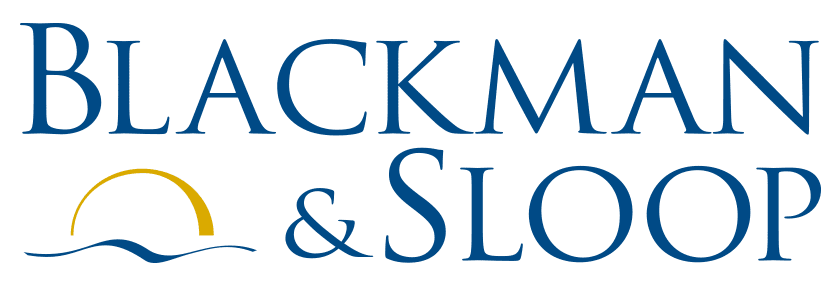Other Items to Note – 2019 OMB Compliance Supplement Status
2019 OMB Compliance Supplement Status
Each year the Office of Management and Budget (OMB) Compliance Supplement (2019 Supplement) is updated to reflect changes to compliance requirements applicable to federal programs and required programmatic changes outlined by the federal agencies. The changes to the 2019 Supplement are more extensive than usual due to the mandate by OMB that federal agencies identify the six most significant compliance requirements as applicable to a program. In addition, the OMB’s request to thoroughly review federal programs has also led to more changes in the programmatic section of the 2019 Supplement. There are significant changes to the Student Financial Assistance cluster in the Supplement as well.
The 2019 Supplement was issued July 1, 2019 as a stand-alone document as was the case prior to the 2018 format and can be accessed here.
The mandate by OMB for each federal agency to limit the number of compliance requirements to six has resulted in significant changes. The Research and Development cluster has seven compliance requirements that are subject to audit.
For determination of the six compliance requirements, A. Activities Allowed and Unallowed and B. Allowable Costs and Cost Principles will be treated as one compliance requirement. Therefore, allowability will be treated as one requirement for this purpose even though in the 2019 Supplement they are listed as two separate compliance requirements.
To meet this mandate, some federal agencies are having to mark “N” in the Part 2 matrix for compliance requirements that have historically been tested as direct and material requirements.
It is important to note that this six-requirement mandate does not apply to programs that are not included in the 2019 Supplement.
The 2019 Supplement is effective for Single Audits of fiscal years beginning after June 30, 2018.
2019 Data Collection Form Issued
The OMB Title 2 U.S. Code of Federal Regulations (CFR) Part 200, Uniform Administrative Requirements, Cost Principles, and Audit Requirements for Federal Awards (Uniform Guidance) Section 512 requires auditees to submit a completed Form SF-SAC, referred to as the Data Collection Form (DCF), along with one complete reporting package, to the Federal Audit Clearinghouse (FAC). The only approved DCF format is created using the Internet Data Entry System (IDES) option on the FAC website. The FAC IDES website contains submission instructions to assist auditees with the preparation and certification of the DCF.
The FAC has updated the DCF that should be used for all audits covering fiscal periods ending in 2019, 2020 or 2021. The new form is dated 3/25/19. The revised DCF and instructions can be accessed here.
The key changes to the form are the requirement to include the full text from the notes to the schedule of expenditures of federal awards (SEFA), any audit findings and management’s corrective action plan (CAP) within the form itself. The system will not allow for the transfer of charts or tables embedded within the original documents so a notation will have to be utilized within the transferred text referring readers to the actual underlying note, audit finding or CAP for the relevant charts and tables.
Auditees will have an option to generate a customizable schedule of expenditures of federal awards (SEFA). Auditees will be able to enter the Federal awards and notes to the SEFA prior to the end of their fiscal period and the audit work being conducted. Once they have entered this information, the auditees can generate a customizable SEFA and the notes from the system to include in their reporting package.
The IDES will offer an optional worksheet-type function to assist in the transferring of text from audit findings and CAPs using an Excel template document that will be able to be downloaded, completed and then updated.
For more information from Blackman & Sloop, please contact Deetra B. Watson.
